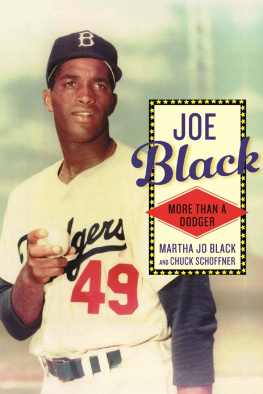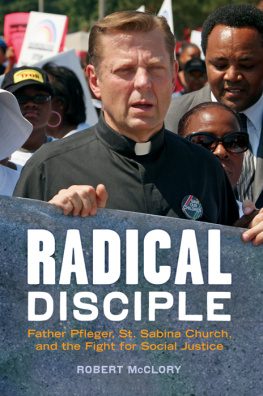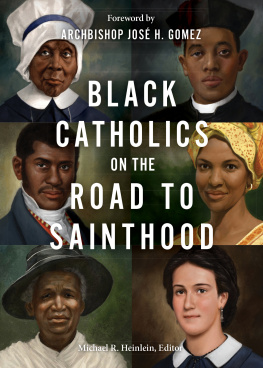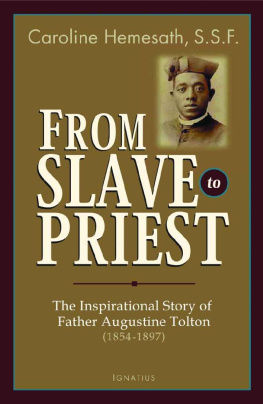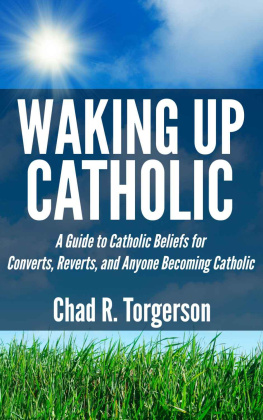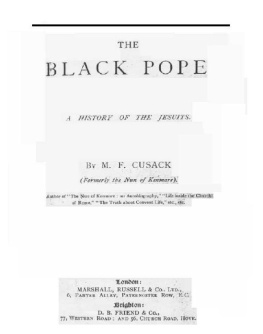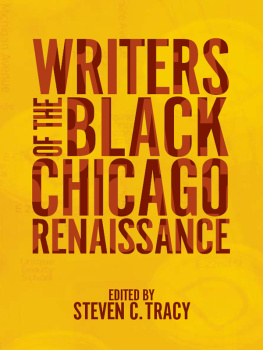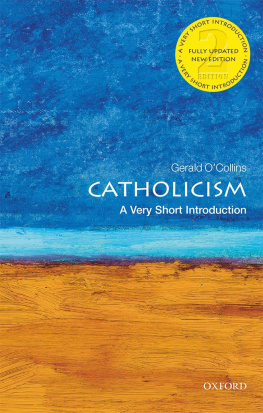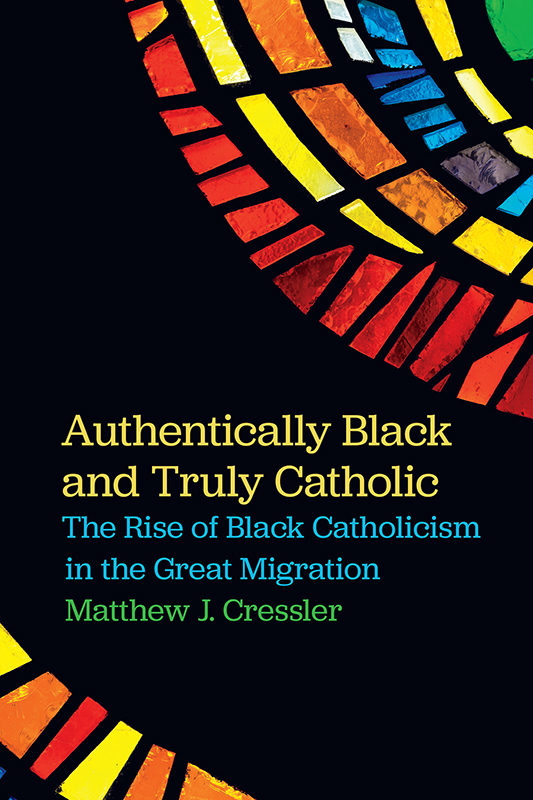Matthew J. Cressler - Authentically Black and Truly Catholic: The Rise of Black Catholicism in the Great Migration
Here you can read online Matthew J. Cressler - Authentically Black and Truly Catholic: The Rise of Black Catholicism in the Great Migration full text of the book (entire story) in english for free. Download pdf and epub, get meaning, cover and reviews about this ebook. year: 2017, publisher: NYU Press, genre: Politics. Description of the work, (preface) as well as reviews are available. Best literature library LitArk.com created for fans of good reading and offers a wide selection of genres:
Romance novel
Science fiction
Adventure
Detective
Science
History
Home and family
Prose
Art
Politics
Computer
Non-fiction
Religion
Business
Children
Humor
Choose a favorite category and find really read worthwhile books. Enjoy immersion in the world of imagination, feel the emotions of the characters or learn something new for yourself, make an fascinating discovery.

- Book:Authentically Black and Truly Catholic: The Rise of Black Catholicism in the Great Migration
- Author:
- Publisher:NYU Press
- Genre:
- Year:2017
- Rating:3 / 5
- Favourites:Add to favourites
- Your mark:
Authentically Black and Truly Catholic: The Rise of Black Catholicism in the Great Migration: summary, description and annotation
We offer to read an annotation, description, summary or preface (depends on what the author of the book "Authentically Black and Truly Catholic: The Rise of Black Catholicism in the Great Migration" wrote himself). If you haven't found the necessary information about the book — write in the comments, we will try to find it.
Explores the contentious debates among Black Catholics about the proper relationship between religious practice and racial identity
Chicago has been known as the Black Metropolis. But before the Great Migration, Chicago could have been called the Catholic Metropolis, with its skyline defined by parish spires as well as by industrial smoke stacks and skyscrapers. This book uncovers the intersection of the two. Authentically Black and Truly Catholic traces the developments within the church in Chicago to show how Black Catholic activists in the 1960s and 1970s made Black Catholicism as we know it today.
The sweep of the Great Migration brought many Black migrants face-to-face with white missionaries for the first time and transformed the religious landscape of the urban North. The hopes migrants had for their new home met with the desires of missionaries to convert entire neighborhoods. Missionaries and migrants forged fraught relationships with one another and tens of thousands of Black men and women became Catholic in the middle decades of the twentieth century as a result. These Black Catholic converts saved failing parishes by embracing relationships and ritual life that distinguished them from the evangelical churches proliferating around them. They praised the quiet dignity of the Latin Mass, while distancing themselves from the gospel choirs, altar calls, and shouts of amen! increasingly common in Black evangelical churches.
Their unique rituals and relationships came under intense scrutiny in the late 1960s, when a growing group of Black Catholic activists sparked a revolution in U.S. Catholicism. Inspired by both Black Power and Vatican II, they fought for the self-determination of Black parishes and the right to identify as both Black and Catholic. Faced with strong opposition from fellow Black Catholics, activists became missionaries of a sort as they sought to convert their coreligionists to a distinctively Black Catholicism. This book brings to light the complexities of these debates in what became one of the most significant Black Catholic communities in the country, changing the way we view the history of American Catholicism.
Matthew J. Cressler: author's other books
Who wrote Authentically Black and Truly Catholic: The Rise of Black Catholicism in the Great Migration? Find out the surname, the name of the author of the book and a list of all author's works by series.

